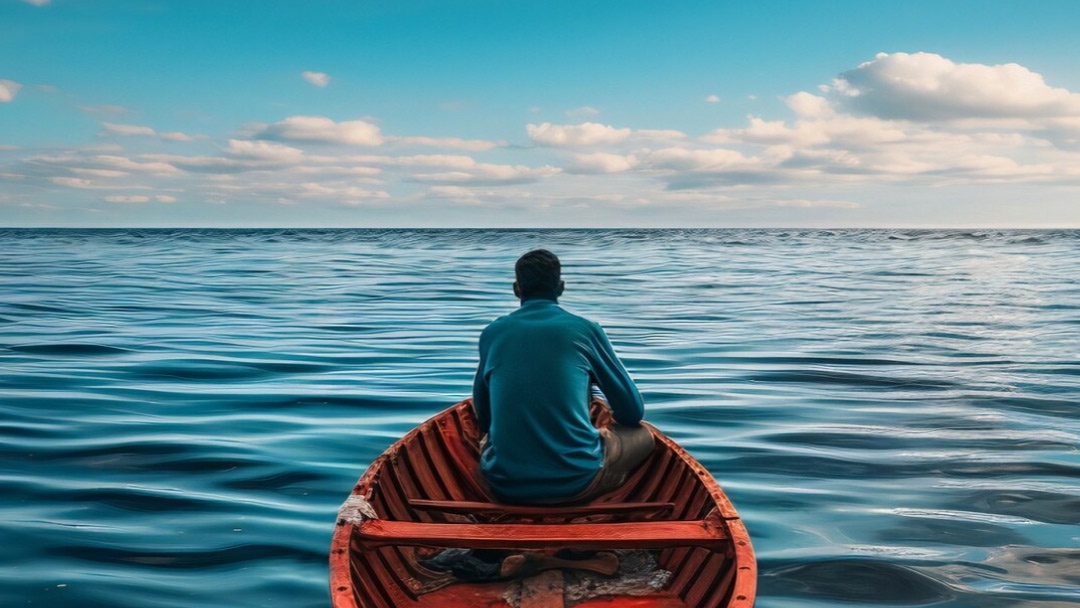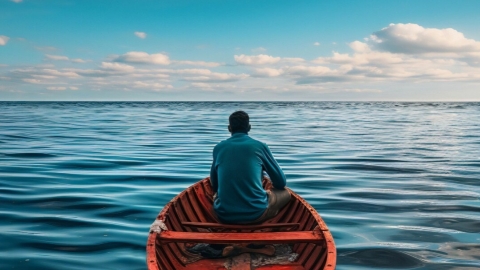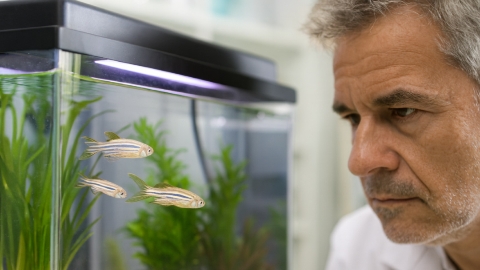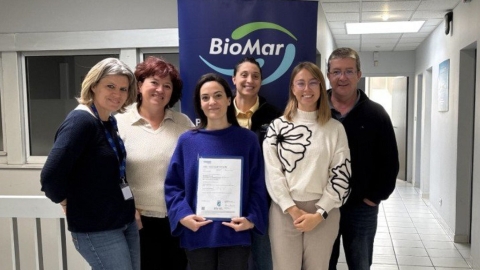
The recent publication of the FAO’s Fishery and Aquaculture Statistic Yearbook 2023 (FAO, 2025) highlights a paradox demanding immediate debate across Europe. Global data confirms that aquaculture has achieved a historic milestone – surpassing capture fisheries for the first time – and consolidating its position as the planet’s main source of aquatic products. While the sector hit 98.5 million tonnes produced and recorded a strong annual growth of 4.2%, Europe stands out as the major negative disappointment, logging a decline of 2.3%.
The global record is driven by exponential growth in Asia (4.6%) and Africa (2.8%), proving that the market potential and technical viability of aquaculture are not in doubt. The problem lies with the European industry’s ability to capitalize on demand.
The European Union champions sustainability and the ‘Blue Decade’, yet this 2.3% retreat is symptomatic of structural problem, tangled up in a regulatory and bureaucratic labyrinth that is stifling our producers and making us dependent on imports which often do not meet our high standards.
The stagnation of European aquaculture is not just a missed opportunity; it’s a direct threat to our food security and productive sovereignty. If Europe doesn’t produce, it will import. And if it imports, it risks undermining the high standards it so strongly defends.
The solution requires strategic investment, better social acceptance of the activity, and political action. R&D funds must be better channeled towards models adapted to European circumstances, where generated knowledge is key to maintaining a competitive edge over other regions.
Furthermore, it is essential that European institutions do not merely acknowledge that aquaculture is an essential part of the future climate and food solution; they must act by simplifying the licensing process and prioritizing investment in sustainable projects.
The 2.3% production drop in Europe, set against a backdrop of global growth records, is the definitive wake-up call. We must move from rhetoric to an urgent and pragmatic action plan that guarantees the competitiveness and sustainability of European aquaculture.



